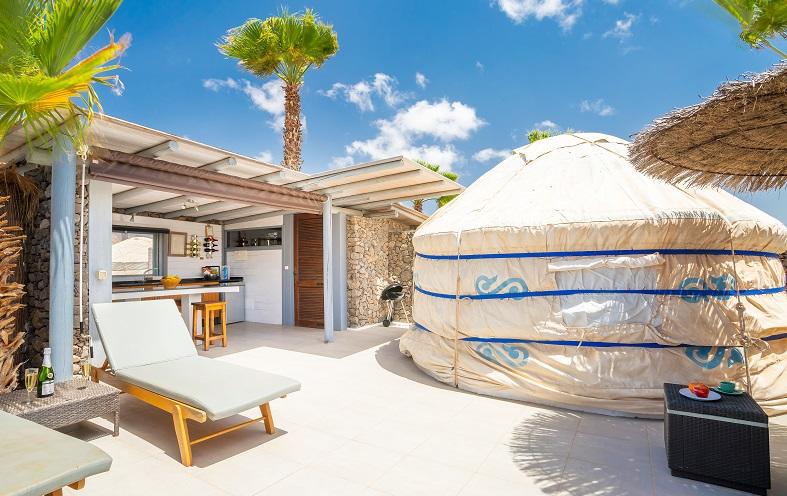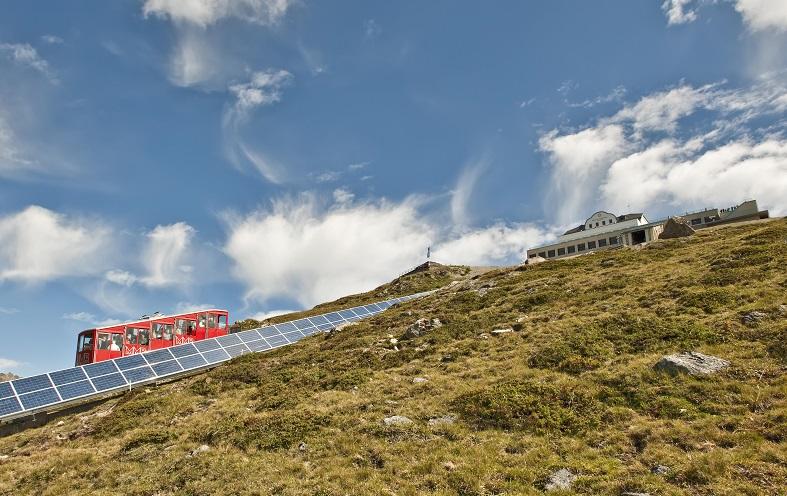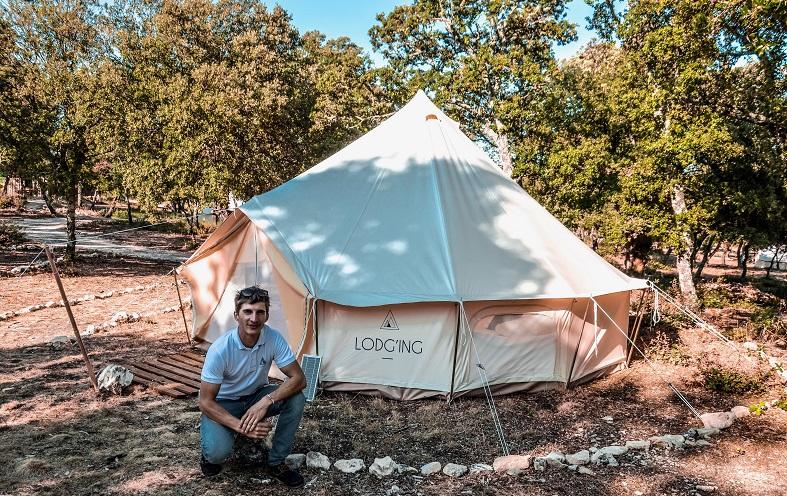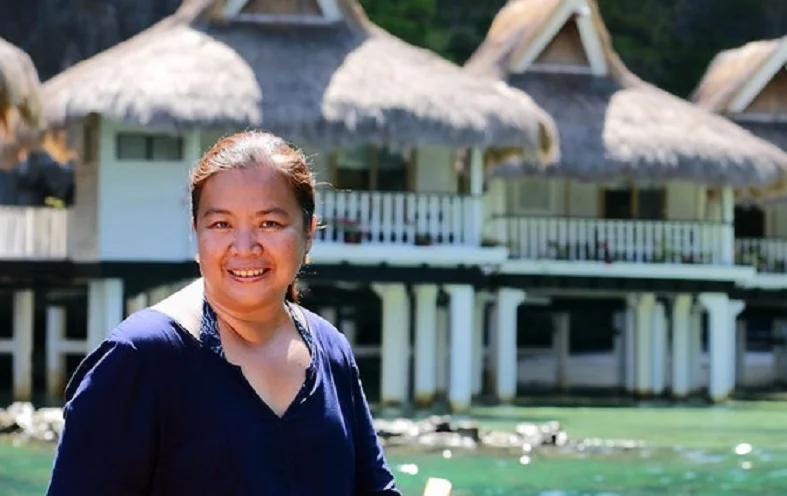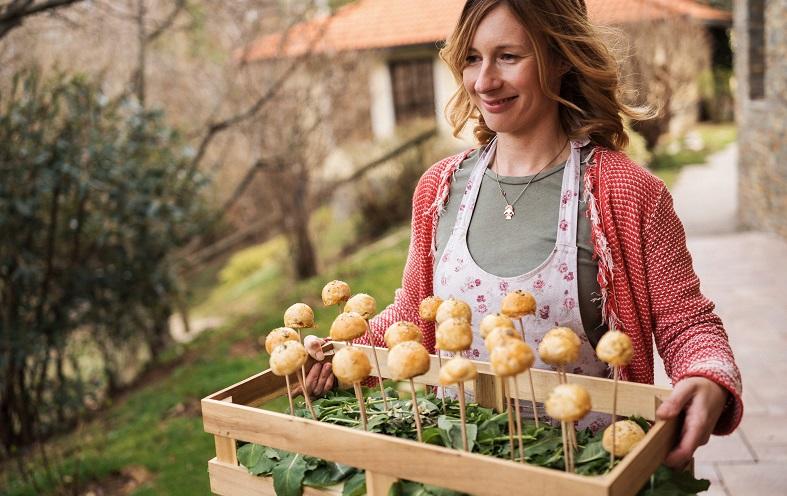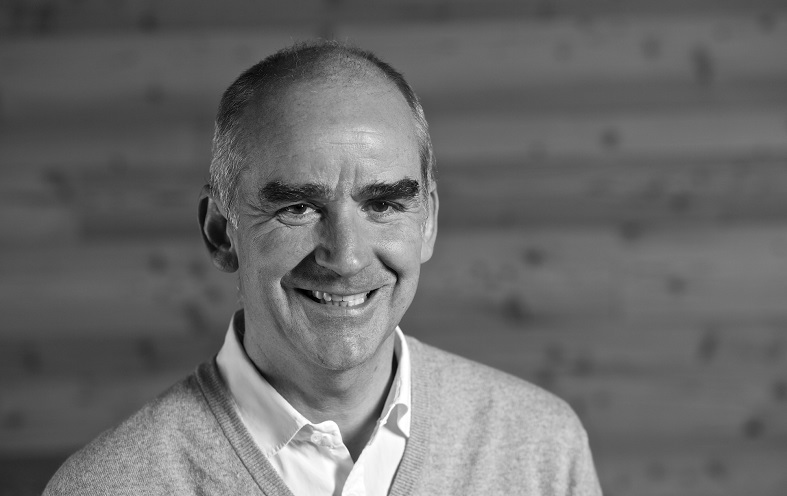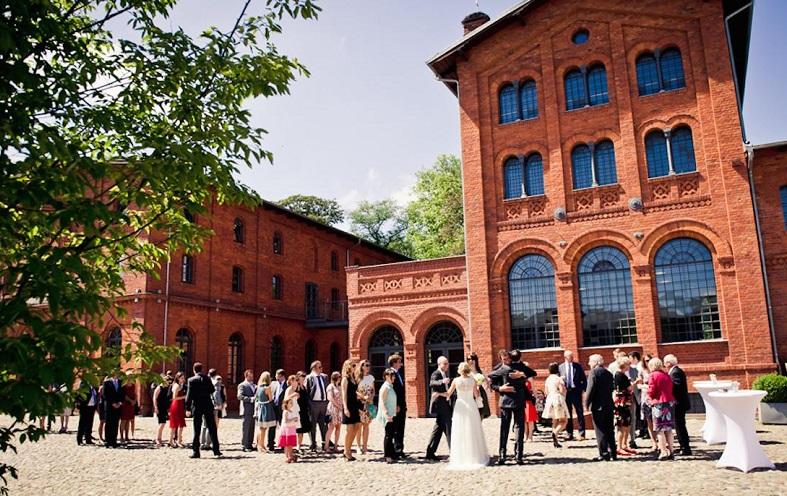
The Landgut Stober Business Hotel near Berlin is a prime example for the transformative power of strong will, wit and dedication to environmental best practice. Meet Michael Stober, manager and mastermind of the award-winning Landgut Stober.
Grandson of a pastor and son of a teacher, environmental and social awareness have always been familiar to Michael Stober – for him, they formed part of growing up. For his role as manager of the privately held conference hotel Landgut Stober near Germany’s “poor but sexy” capital, those qualities really paid off.
But that’s just one part of Michael Stober’s life story. After high school in 1977 he went for half a year to India, Kashmir and Ladakh. He then traveled all around Europe, began and stopped studying philosophy, worked as a bronze caster, in gastronomy and restoring furniture. More recently, he has been busy restoring old houses, together with more than 500 employees.
Learn about:
- What sustainability means to Michael Stober;
- Which sustainability initiatives at Landgut Stober he is particularly proud of;
- How he communicates sustainability to his guests;
- The main benefits of focusing on and investing in sustainability improvements;
- Which challenges are the hardest to tackle, in terms of sustainability;
- Advice for fellow hoteliers on how to follow suit.
Michael, what does sustainability mean to you?
As Immanuel Kant once said, “do as you would be done by”. Respect your social and natural environment. Follow your heart and use common sense.
At the hotel, which sustainability initiatives are you most proud of?
We generate more electricity than we need, using biomass provided by the estate’s forest. Our toilets work with rainwater. You’ll also notice the organic sheets and cosmetics, and find yourself walking on the carpet so natural (almost 100 per cent corn), that we might well end up feeding it to our sheep one day.
Do you communicate your green practices to guests?
We do, but in a subtle way. Unless you really want to, you’ll never know about most initiatives aimed at improving the sustainability performance of Landgut Stober, as they take place behind the scenes. Not because they are secret, but because guests usually want to focus on their business meetings or simply relax.
We have found that unassuming sustainability communication with a pinch of humour is what really reaches guests. It doesn’t really matter if our guests know that we have been awarded Germany‘s most sustainable privately held hotel by the country’s travel association, or that only the best organic ingredients are used for our food and catering. What matters is that they experience a healthy, quality stay at the hotel.
That said, of course you have to market your environmental efforts. Our horror would be for large booking portals to start inventing their own diluted sustainability criteria, giving hotels with minimal commitment a platform to present themselves as green and sustainable, where perhaps all they do is using toilet paper from recycled materials or separating waste.
What have been the main benefits of implementing your green initiatives?
We get more and more employees, which are part of our journey. And of course our increasing number of guests. We also significantly increased our turnover thanks to our sustainability initiatives.
And the main challenges?
When I told people seven years ago that I want to use wood for heating, they laughed at me. Now they are envious because I “earn” 60,000 Euro per year because of my decision. Narrow mindedness is humanity’s worst enemy, but don’t make that stop you finding your way and doing your thing.
Also, for many years there was this prejudice about sustainability being a “greenie” thing. That’s now changed with people realizing that in fact it is about earning more but in a socially and ecologically responsible way. In practice this means that you have to question everything taken for granted in hotel business practice, and that you’ll have to keep your eyes and ears wide open, thinking outside the box.
How do you measure your environmental performance?
Yearly external checks for our CO2 certification, and monthly checks with green certified criteria. We constantly monitor our practices to make sure they are still up to date and make sense.
Your sustainability advice to fellow hotel managers and owners?
The first steps towards sustainability improvement are always the hardest, especially when you find yourself swimming against the flow of conventional hotel business practice. Just keep in mind that in the mid- and long-term, sustainability pays off in terms of guest satisfaction and staff retention.
And of course money can be saved, so long as you are prepared to keep an open mind on new ways of doing things.
Thank you, Michael.
About Landgut Stober
Landgut Stober lies in the midst of a picturesque park landscape in Havelland by the “Groß Behnitzer See” and is situated approx. 20km from Berlin. It was first mentioned in 1173 and is an old manor which was carefully restored. Guests can choose between the “Bio Hotel” and the “Logierhaus”.
The “Bio Hotel” was built in 2012 on the foundation walls of a barn and is one of the most sustainable hotels in Europe. It is the first “bio-certified” hotel of Brandenburg. The Logierhaus, built in 1875, in which members of the Kreisau Circle slept, has a stucco facade and many historical elements. Landgut Stober is the ideal event location, a place where the most innovative ideas come true.
More about sustainability at Landgut Stober here.
Enjoyed our interview with Michael Stober on the sustainability strategy of award-winning sustainable conference hotel Landgut Stober near Berlin, Germany? Share and spread the word!

